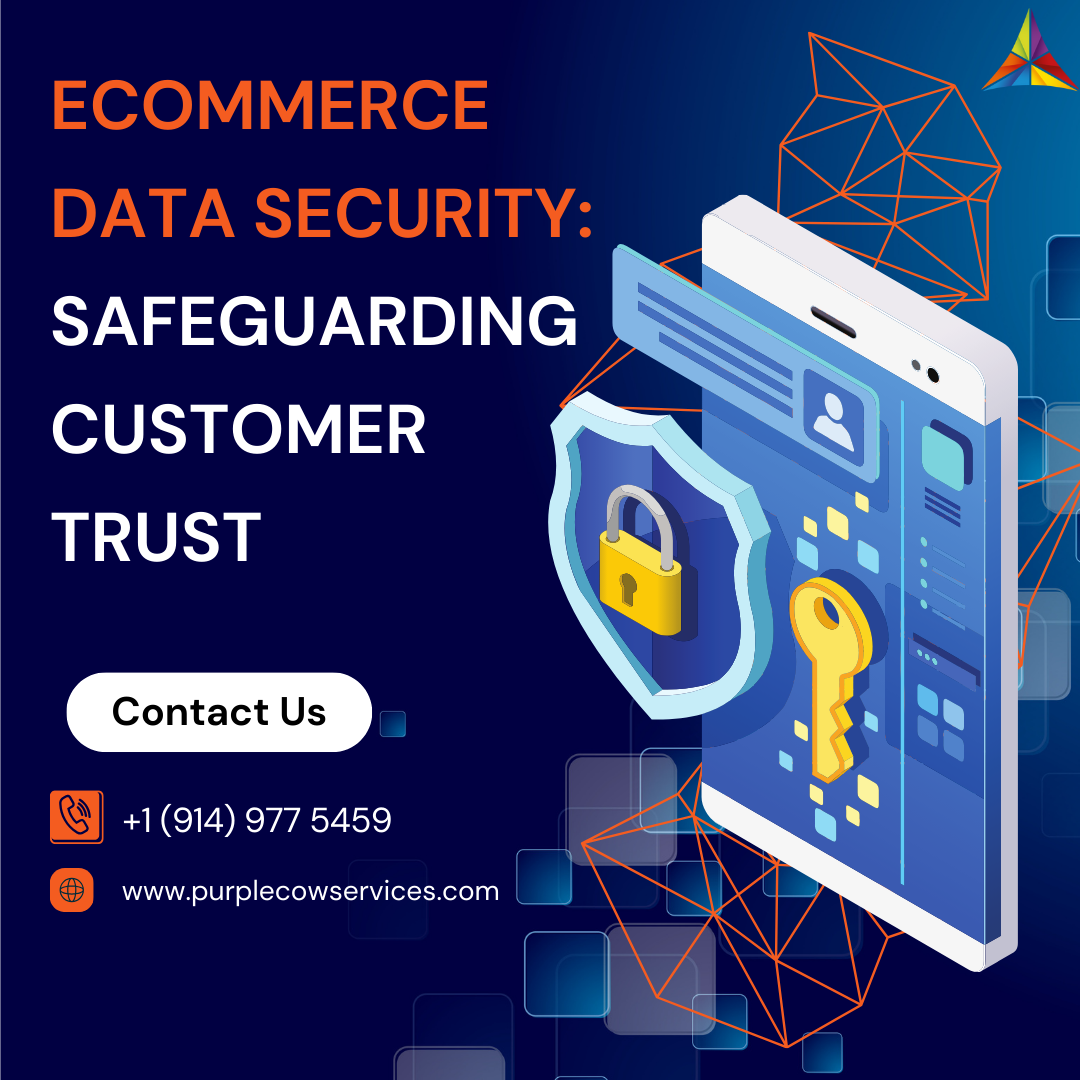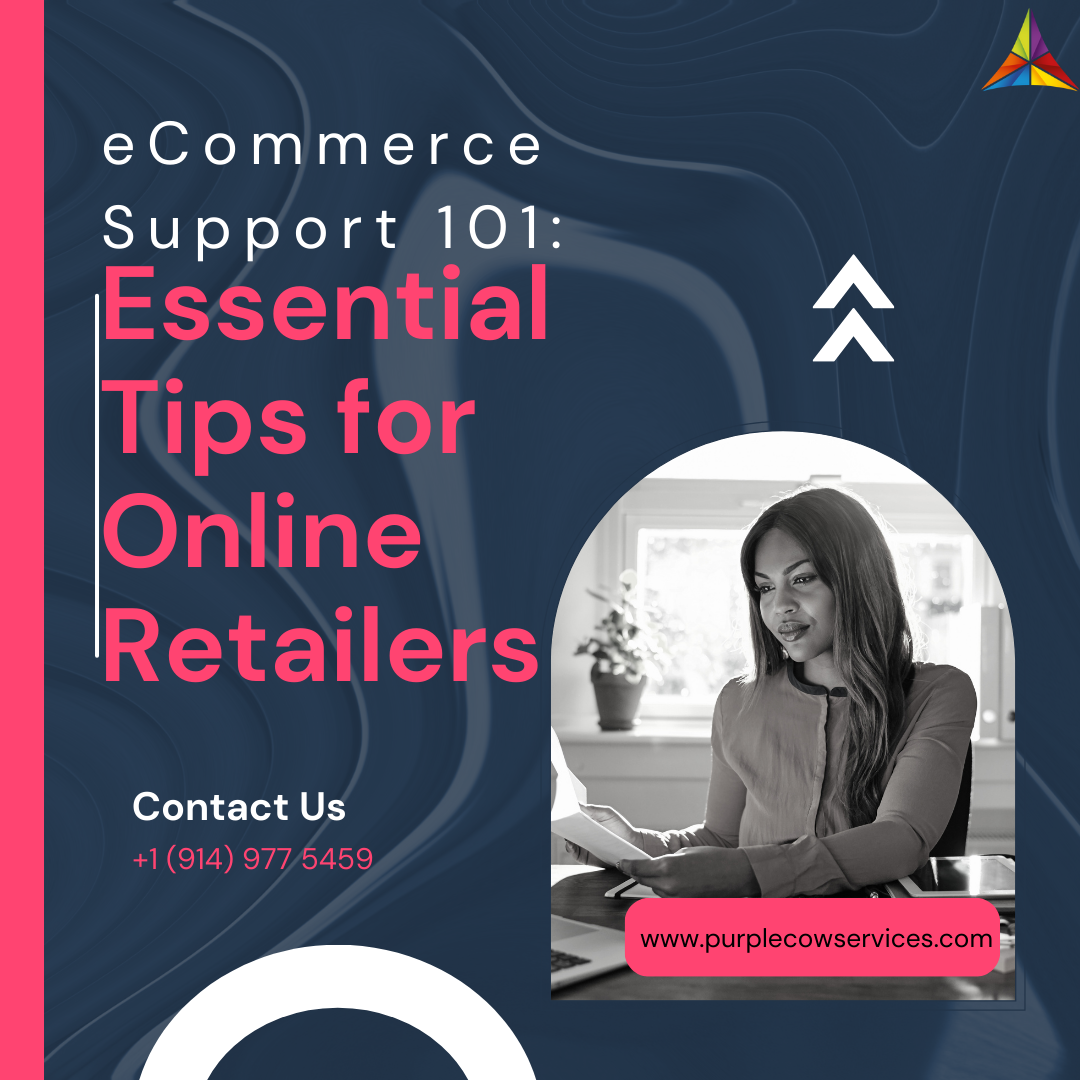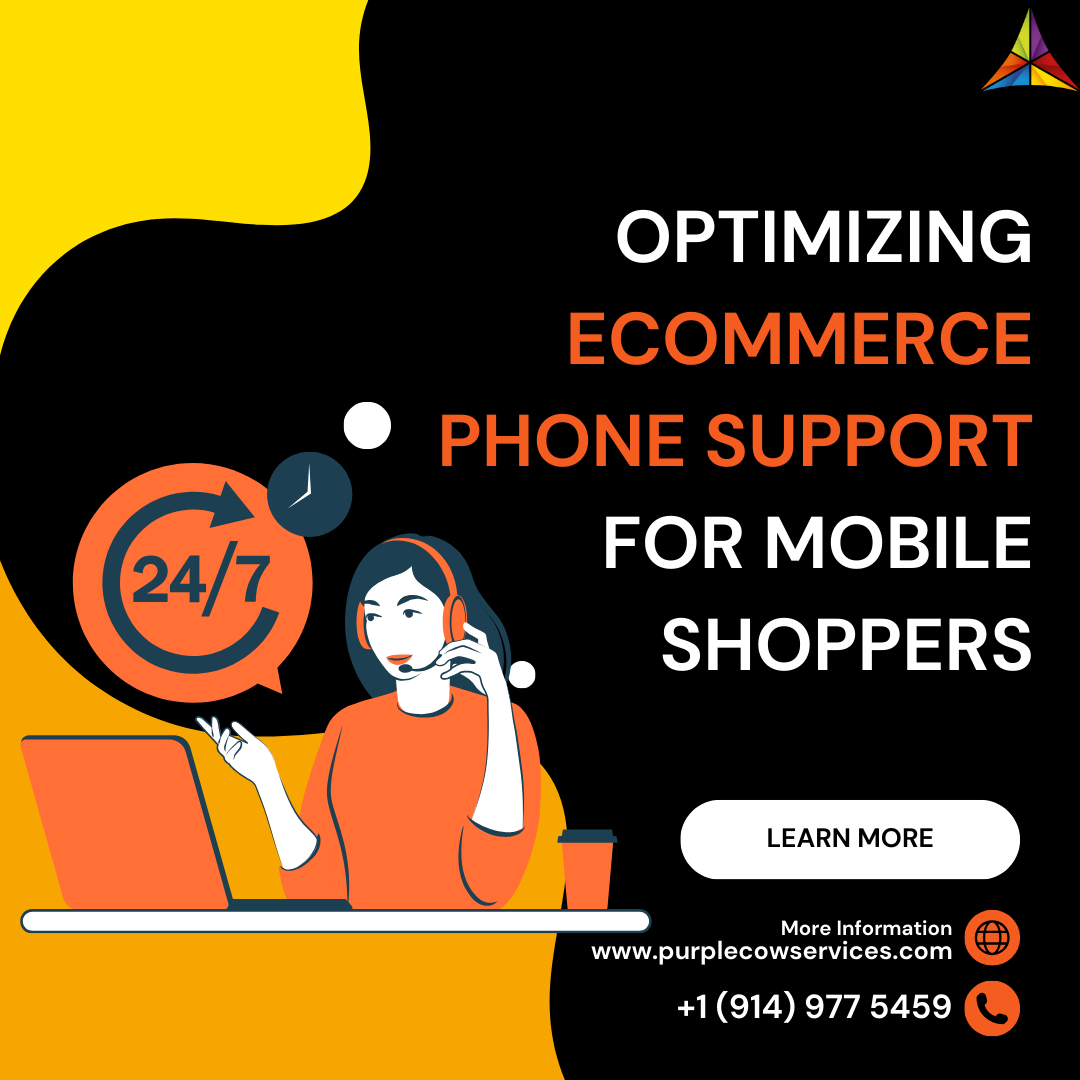In the world of eCommerce, finding new clients is essential to growing your business. While there are many ways to reach out to potential customers, LinkedIn can be a powerful tool for connecting with business professionals and decision-makers.
Share This Story, Choose Your Platform!
In this blog, we’ll explore how to use LinkedIn to find eCommerce clients.
Optimize Your LinkedIn Profile
Before you start searching for clients, it’s important to make sure your LinkedIn profile is up-to-date and optimized for eCommerce. Make sure your profile picture is professional, and your headline and summary accurately reflect your eCommerce business.
Highlight your experience and skills related to eCommerce, such as digital marketing, sales, and customer service. Use keywords related to your industry to help potential clients find you in search results.
Build Your Network
Once your profile is optimized, it’s time to start building your network. Begin by connecting with professionals in your industry, including eCommerce business owners, marketers, and influencers.
Join LinkedIn groups related to eCommerce and participate in discussions. By doing so, you can foster connections and position yourself as a proficient authority in your industry.
Use Advanced Search
LinkedIn’s advanced search feature is a powerful tool for finding potential eCommerce clients. Use the search filters to narrow down your results by location, industry, company size, and job title.
Search for businesses that are similar to yours or that you believe could benefit from your eCommerce services. Look for decision-makers, such as CEOs, directors, and managers, who are likely to have the authority to hire your services.
Reach Out to Prospects
Once you’ve identified potential eCommerce clients, it’s time to reach out and start a conversation. Personalize your message and highlight how your eCommerce services can benefit their business.
Avoid sending generic sales pitches or spammy messages, as these are unlikely to be well received. Instead, focus on building a relationship and providing value to your prospects.
Consider offering a free consultation or audit of their current eCommerce strategy. This can help establish trust and show that you’re invested in their success.
Engage with Content
Another way to connect with potential eCommerce clients on LinkedIn is to engage with their content. Like and comment on their posts, and share relevant content from your own business.
This can help you build relationships and establish yourself as a thought leader in your industry. When prospects see that you’re engaged and knowledgeable about eCommerce, they’re more likely to trust you and consider your services.
Monitor Analytics
Finally, it’s important to monitor your LinkedIn analytics to track your progress and adjust your strategy accordingly. Use LinkedIn’s analytics tools to see how many people are viewing your profile, engaging with your content, and responding to your messages.
This can help you identify which tactics are working and which may need to be tweaked. By monitoring your analytics regularly, you can ensure that you’re using LinkedIn effectively to find eCommerce clients and grow your business.
Conclusion
LinkedIn can be a powerful tool for finding eCommerce clients. By optimizing your profile, building your network, using advanced search, reaching out to prospects, engaging with content, and monitoring your analytics, you can establish yourself as an eCommerce expert and connect with potential clients.
Unlock the potential of LinkedIn for your eCommerce business! Purple Cow‘s expert tips and strategies on LinkedIn Advertising will help you find and connect with your ideal clients on the world’s largest professional network. Start growing your business today with our proven LinkedIn marketing techniques.

















